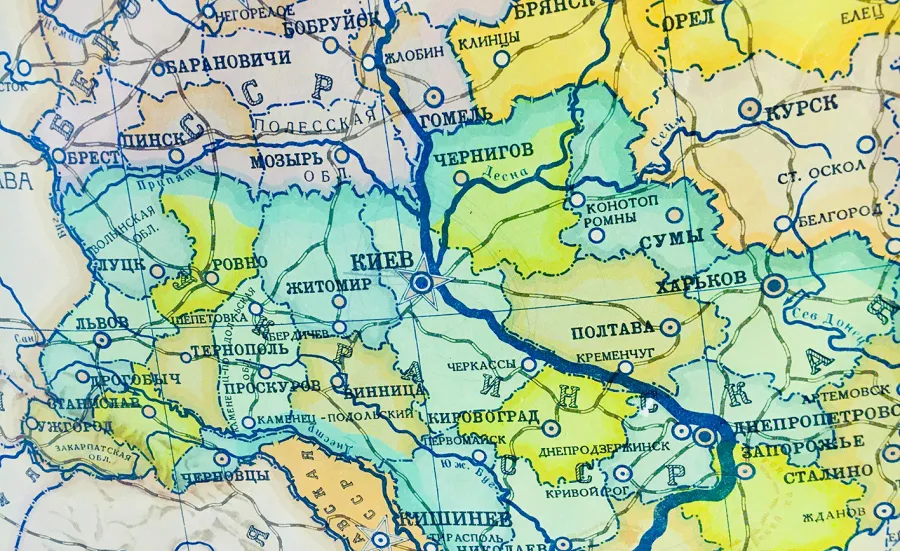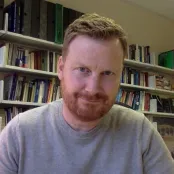Centre for Eastern European and Eurasian Studies (CEEES)

We are dedicated to advancing knowledge of a complex region that has been of key significance in shaping both historical and contemporary developments across the world.

We are dedicated to advancing knowledge of a complex region that has been of key significance in shaping both historical and contemporary developments across the world.

Our members are from nine academic departments across three faculties. They combine disciplinary and methodological expertise with linguistic and area studies skills. This has helped them create world-leading research on Eastern European and Eurasian countries.
Our research spans across a range of historical contexts up until the present day. We also give advice to governments, businesses and the third sector, locally and internationally.

CEEES provides a platform on which to create genuinely interdisciplinary perspectives on developments in Eastern Europe and Eurasia. The Masculinity and Postsocialism workshop in 2023 has participants from history, film studies, anthropology, sociology, media studies and modern languages.

Our CEEES seminar series provides opportunity for engagement with world-leading experts to learn more about the realities behind the 2022 invasion of Ukraine, looking at humanitarian, cultural and political dimensions of one of the most vital geostrategic challenges of our time.
If you would like to receive more information about the Centre for Eastern European and Eurasian Studies please contact Doctor Charlie Walker or Doctor George Gilbert: